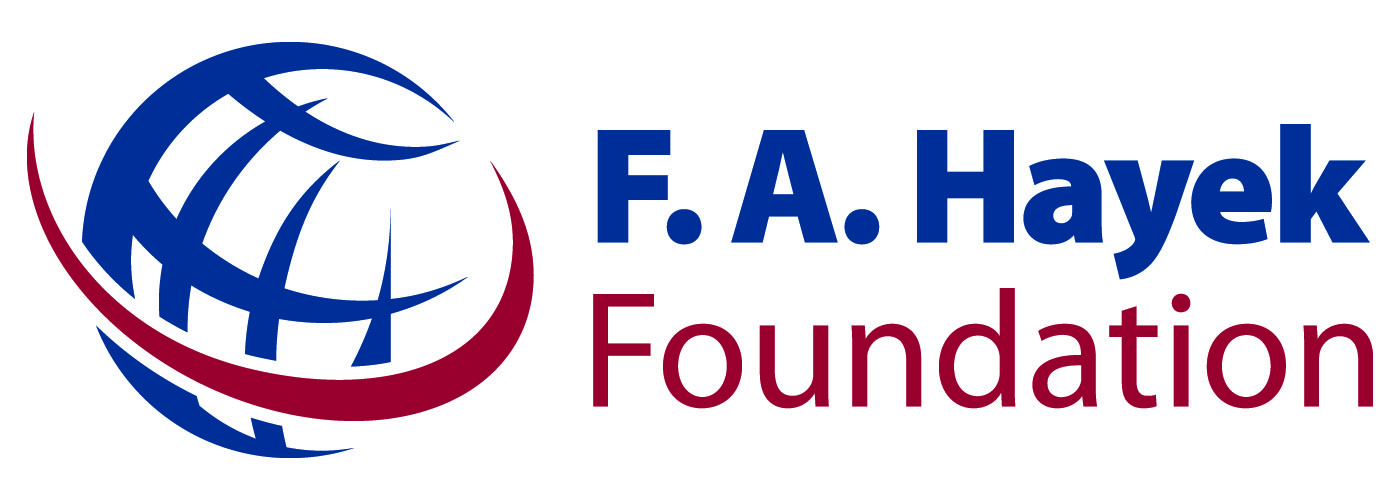While previously the topic of the future of European Union was a rather intellectual matter related to a fairly small group of academics, in the context of the financial crisis that has shaken the foundations of the Eurozone and the European Union in general, everything has changed. The question of Europe’s future suddenly came on the forefront of a public discourse. It filled the media, became a subject of an intense political combat both in Member States and at the EU level and also a matter of grave interest to entrepreneurs and employers.
That is why the F. A. Hayek Foundation in the cooperation with the Entrepreneurs Association of Slovakia decided to prepare a comparative study called “Alternative Scenarios of EU in the Future” and to present the outputs and outcomes of the study at the international seminar with the same name. The seminar held on 30th April 2014 in Bratislava thanks to the support of the Friedrich Naumann Stiftung für die Freiheit has met with the wide interest of the public. The item of the seminar was highly topical and challenging mainly thanks to the fact that on 1st May Slovakia celebrated the 10th anniversary of joining the EU.
The main intention of the organizers was to provide the participants and the potential readers of the study with a more detailed picture regarding the intensity of the debate on the future of EU, as well as its diversity, to demonstrate a number of fully developed and often contradicting views on where and how the European Union could and should be directed.
When confronting different political views – in the form of the three largest political groups in the European parliament: EPP, PES and ALDE; and ideological views – in the form of policy papers by think-tanks representing conservative, socialist and liberal views – CES, FEPS and FNSt – disagreement on fundamental matters is more than evident. While the liberal- conservative vision of EU’s future is about maximizing the benefits of the internal market, curbing of the regulations and suppression of centralist tendencies, the socialist view is exactly the opposite: the market should be subject to social and environmental dimension, due to which we must give more regulation and more powers to the EU institutions. Despite the opposition of many fundamental issues, however, all visions agree on one point: the policy of maintaining the status quo is unsustainable and unacceptable. And they also have something else in common: their attitudes are a mixture of realism, which is – to a varying degree – mixed with totally unrealistic ideals, expectations and proposals. 
As for the private sector initiatives, their common leitmotif in areas, where there is a general agreement of all employers and business organizations, is the fear of the eroding competitiveness of Europe and proposals for its restoration. In the case of initiatives representing solely employers and entrepreneurs – i.e. the study of Swedish employers or the campaigns by employers and entrepreneurs from the UK, Germany and Sweden supporting a fundamental reform of EU institutions – the attitudes are close to liberal-conservative recipe: Europe competitiveness can only be achieved by improving the business environment, liberalization, decentralization and overall deregulation.
However, if the initiatives of private sector representatives includes other partners, there is a sense of compromise in the identification of problems and proposed solutions with trade union representatives, or the representatives of environmental or consumer organizations, thanks to which the proposals lose their clarity, urgency, consistency. This way of thinking was represented in the comparative study by two other initiatives: one was a document prepared by a group of employers in the European Economic and Social Committee, and the second example in form of a compromise seeking present in the dialogue of Austrian social partners.
Europe is currently threatened the two extremes: the first is the rise “Eurosceptics” who want the dissolution of the EU, and the second in form of “Eurocrats” increasing their efforts to manage everything from Brussels. Neither of these extremes is in the interests of Slovakia. We need realism and pragmatism built on what demonstrably works, what is the internal market. We need to refuse the dangerous dreams of the United States of Europe, which is an idea that contains the seeds of disintegration of the EU.
What is in the interest of Slovakia, as part of the EU, is the European Union, which will work well only if its member countries will have liberalized economy with the reformed public sector and social system, in which the EU will allow institutional competition. The better functioning of the EU needs the employers’ vision of a decentralized EU, the EU as a better place for business, without which it has no conceivable future.
We believe the outputs of the seminar can become a good source of inspiration and a starting point for finding more detailed information on the problems within the EU and proposed solutions for all those who would like to see a thriving Slovakia in a functioning European Union.



